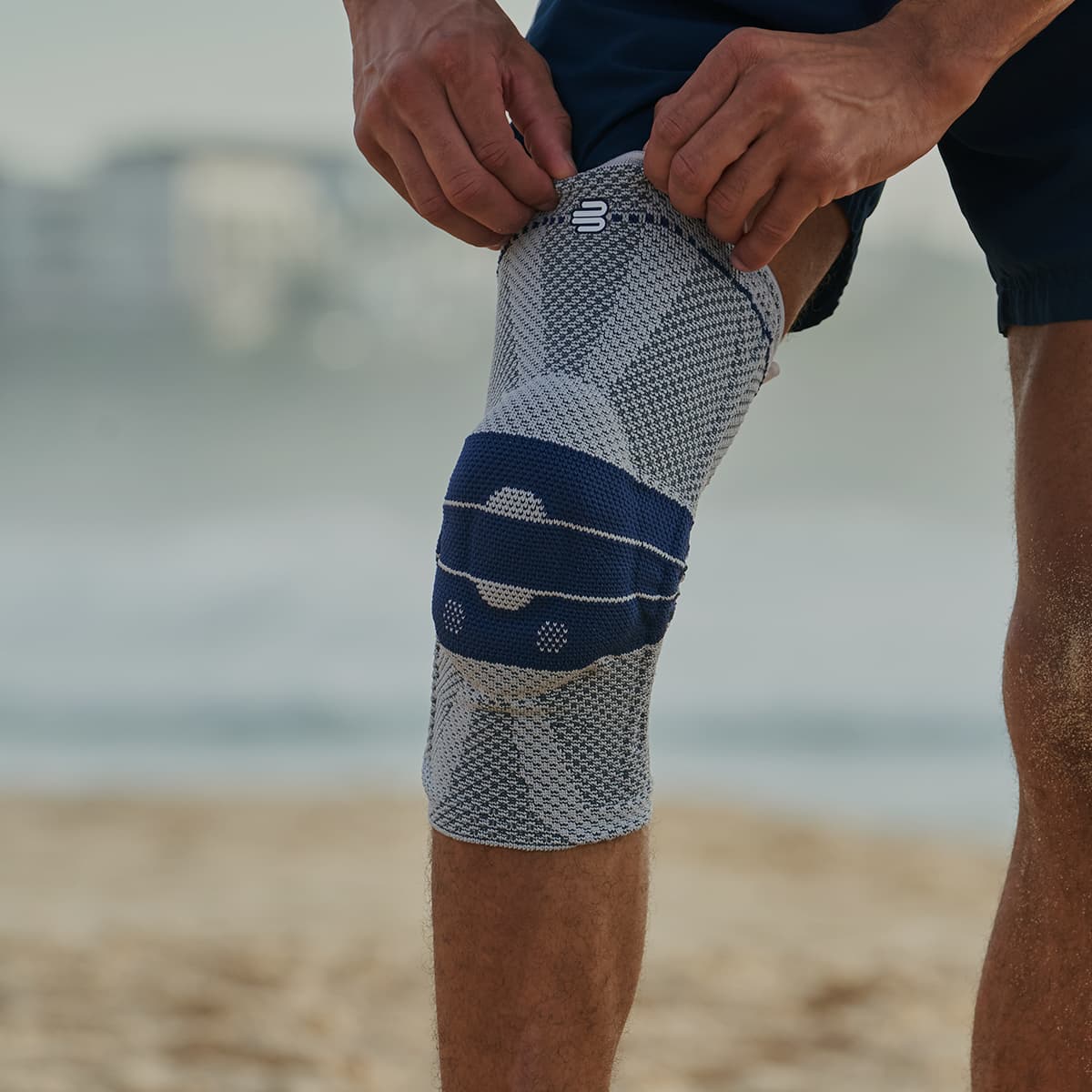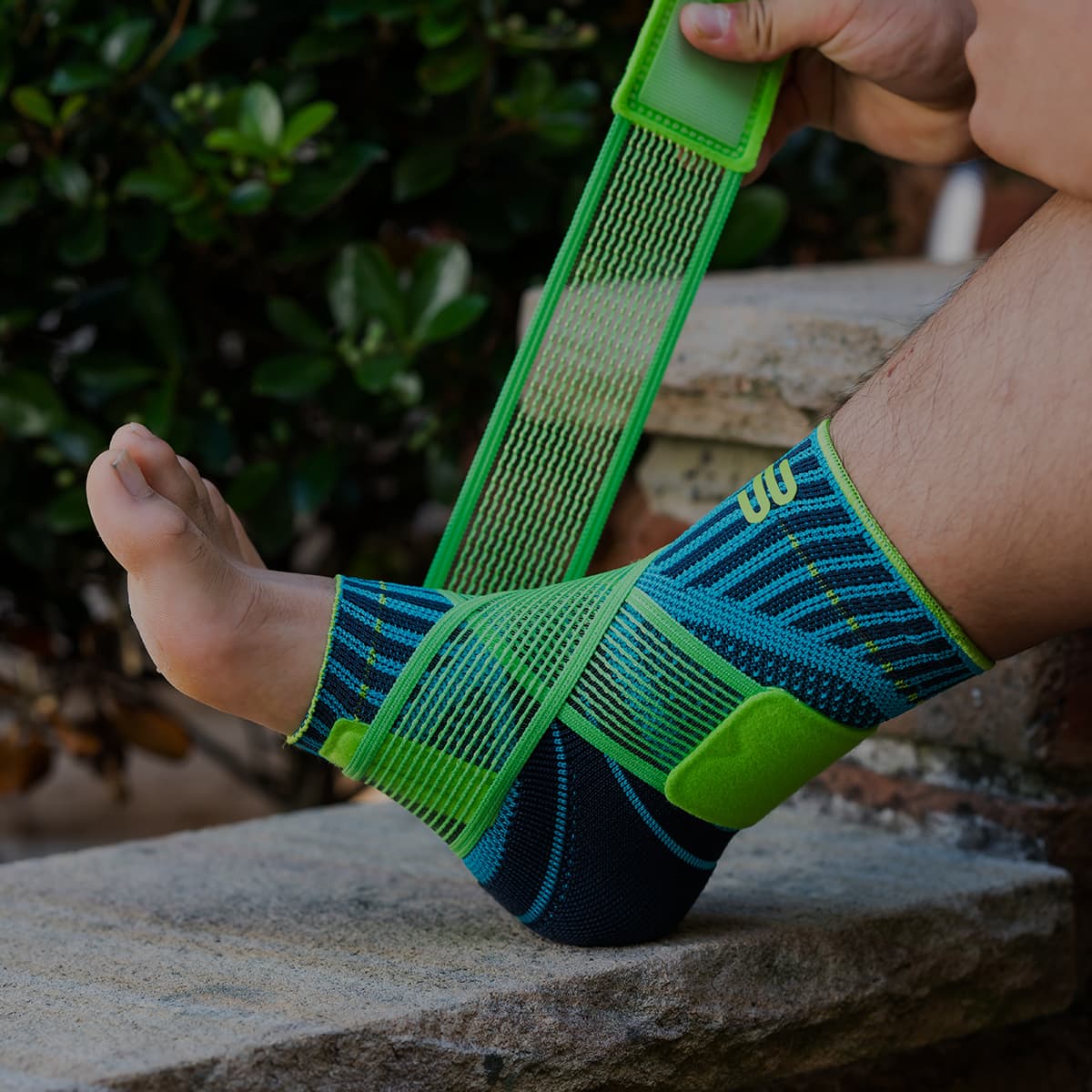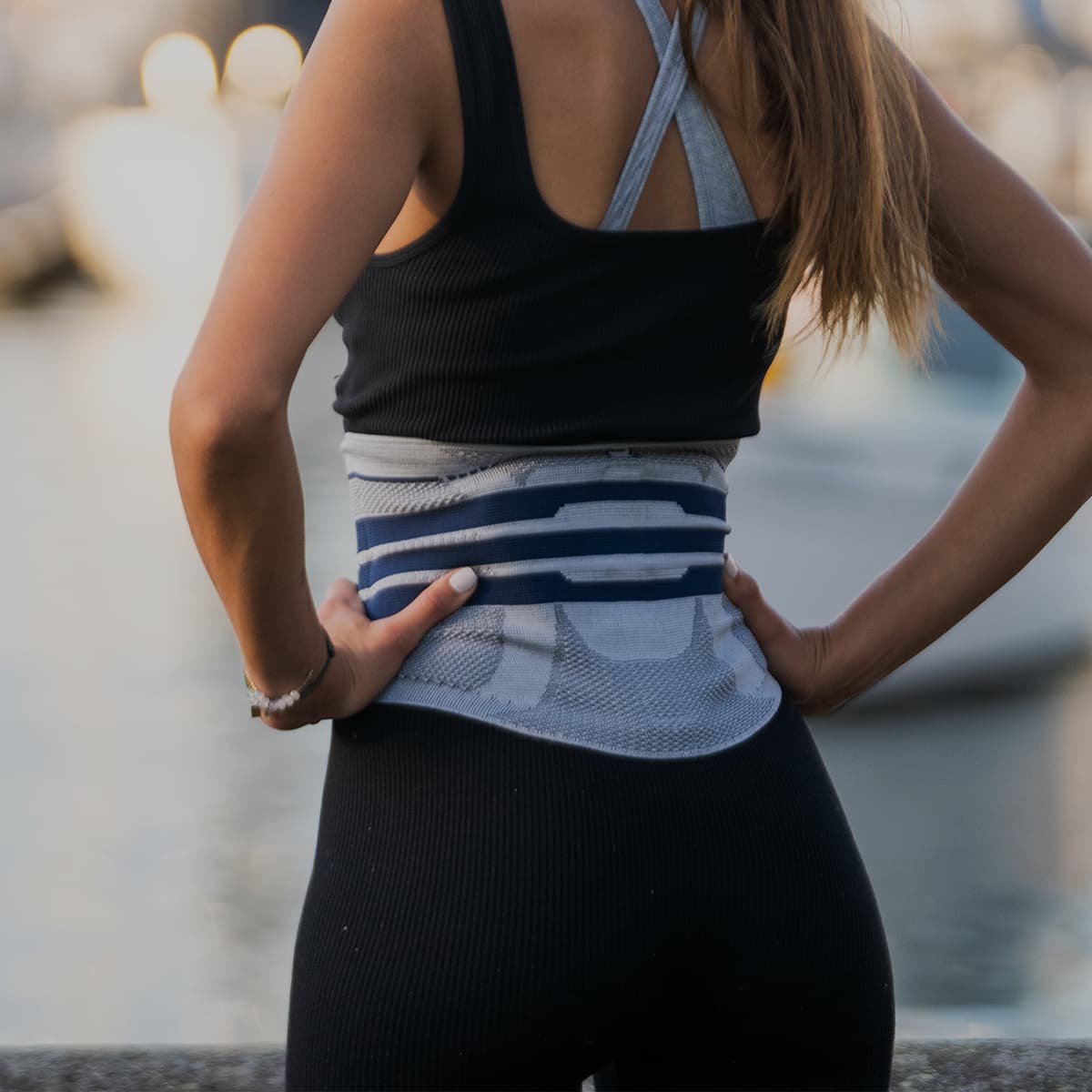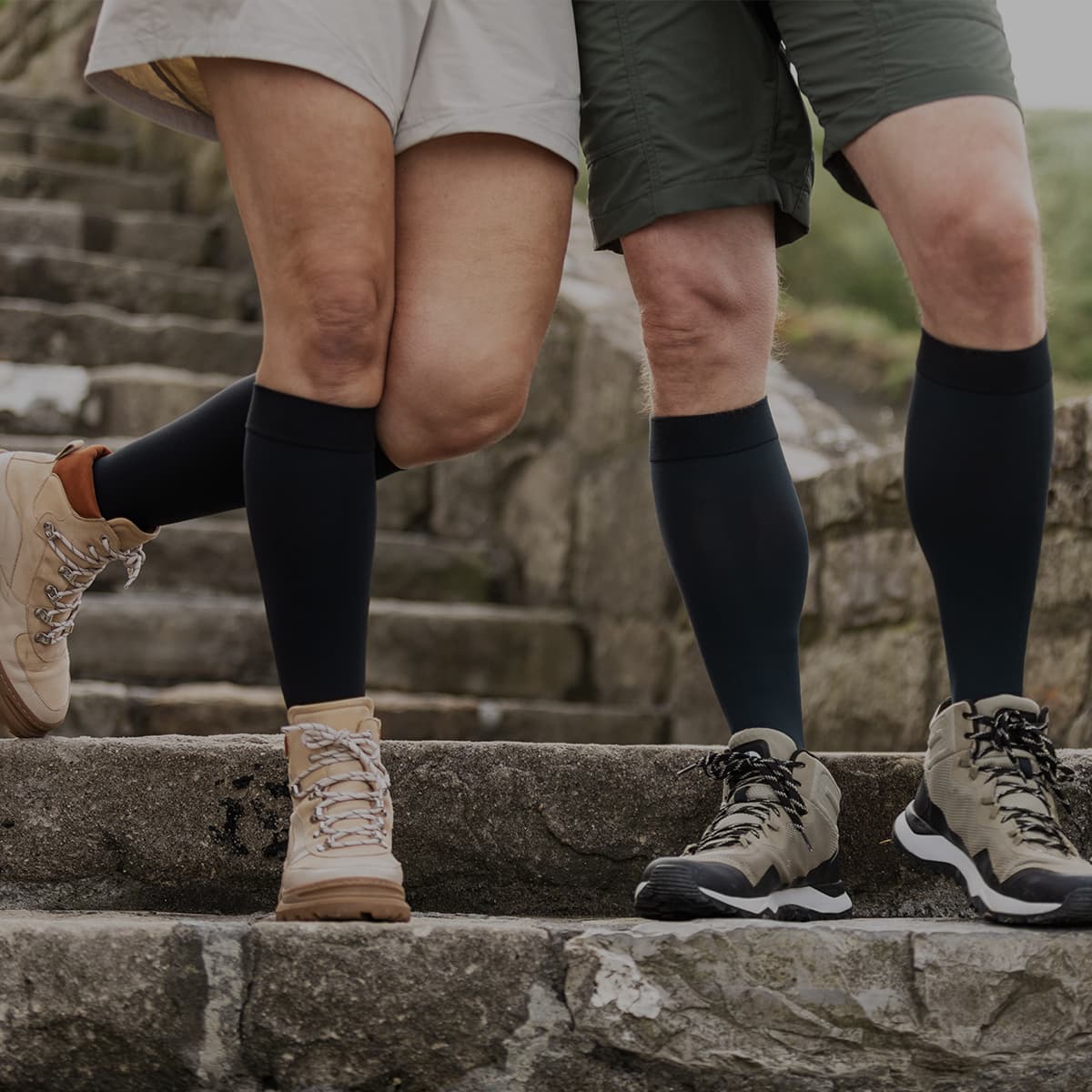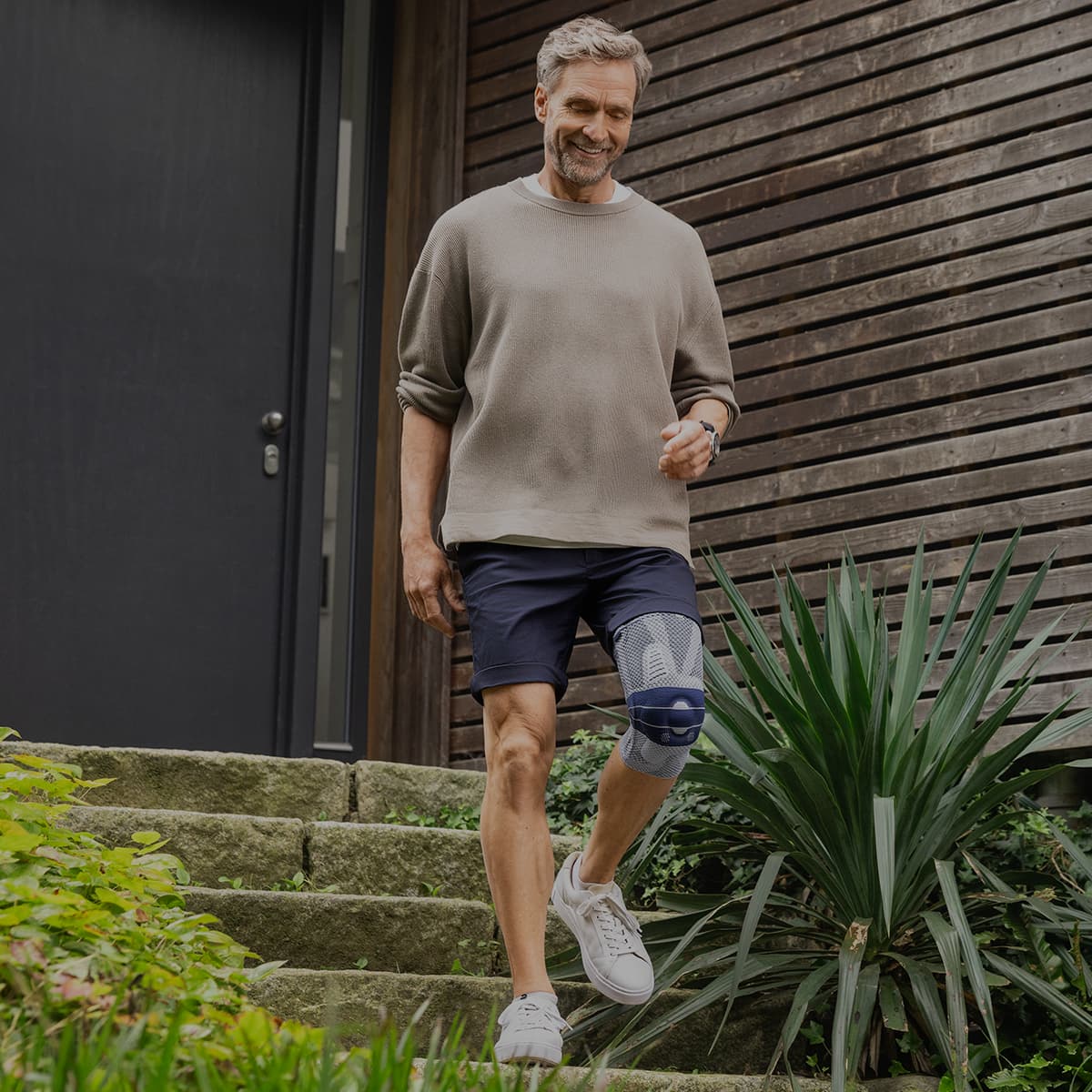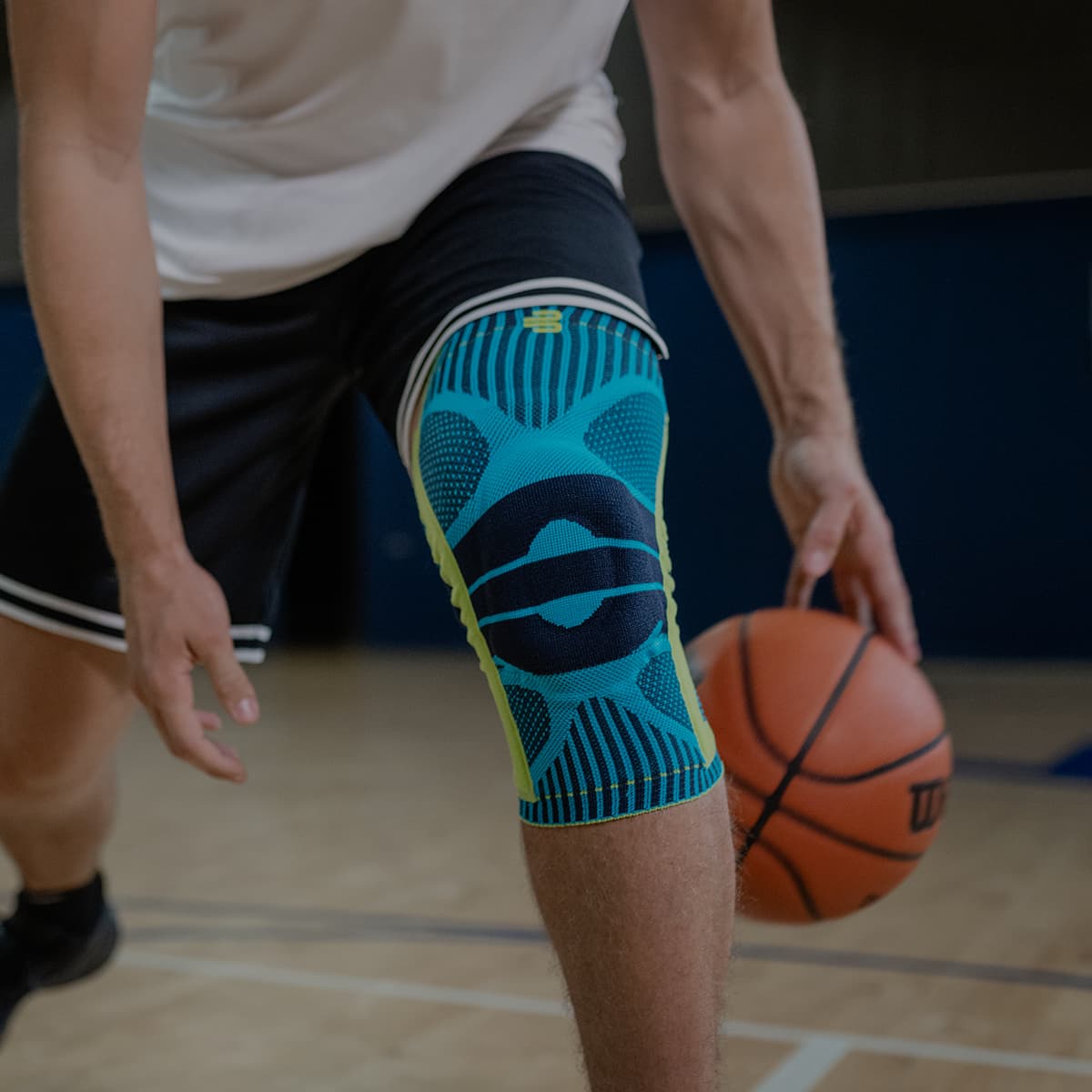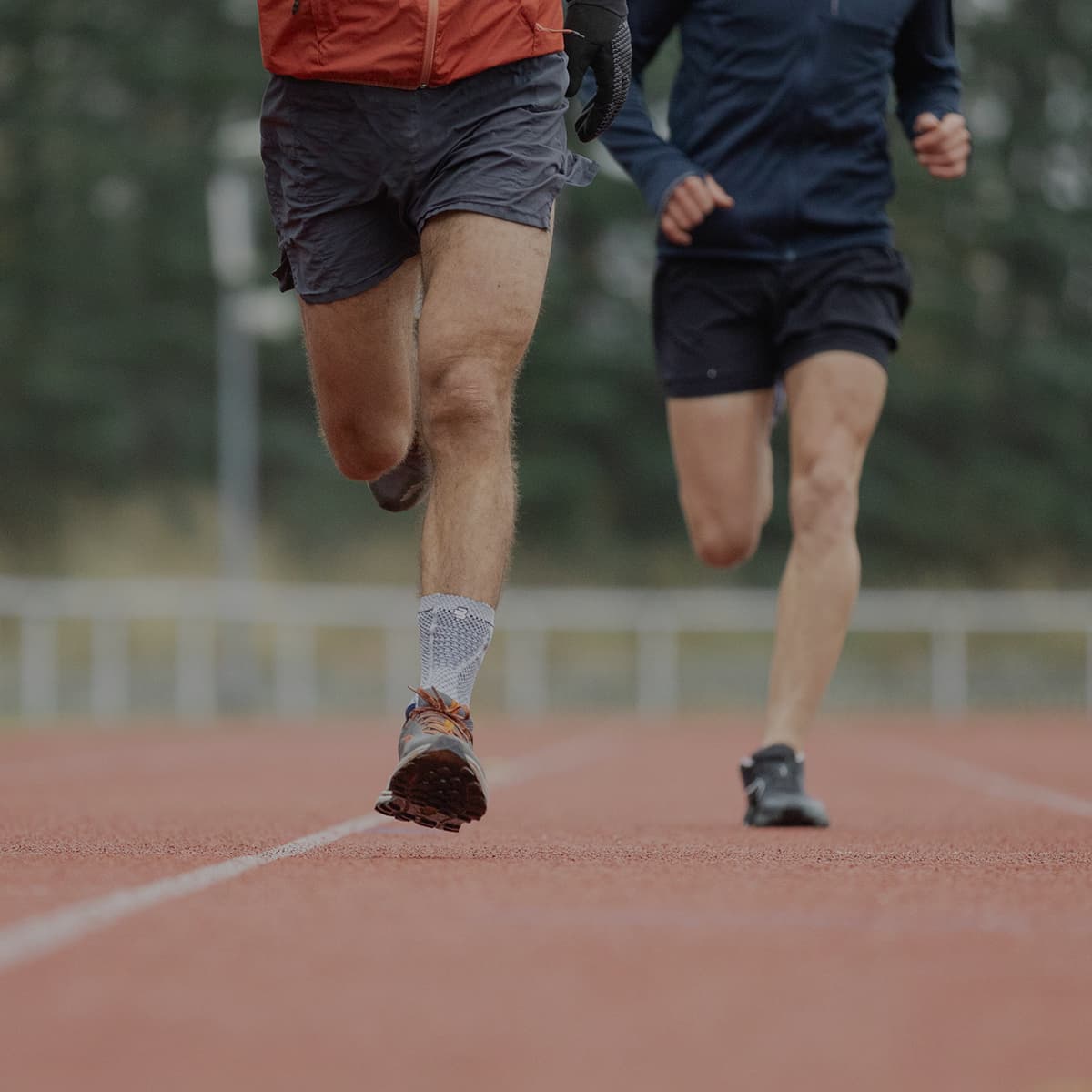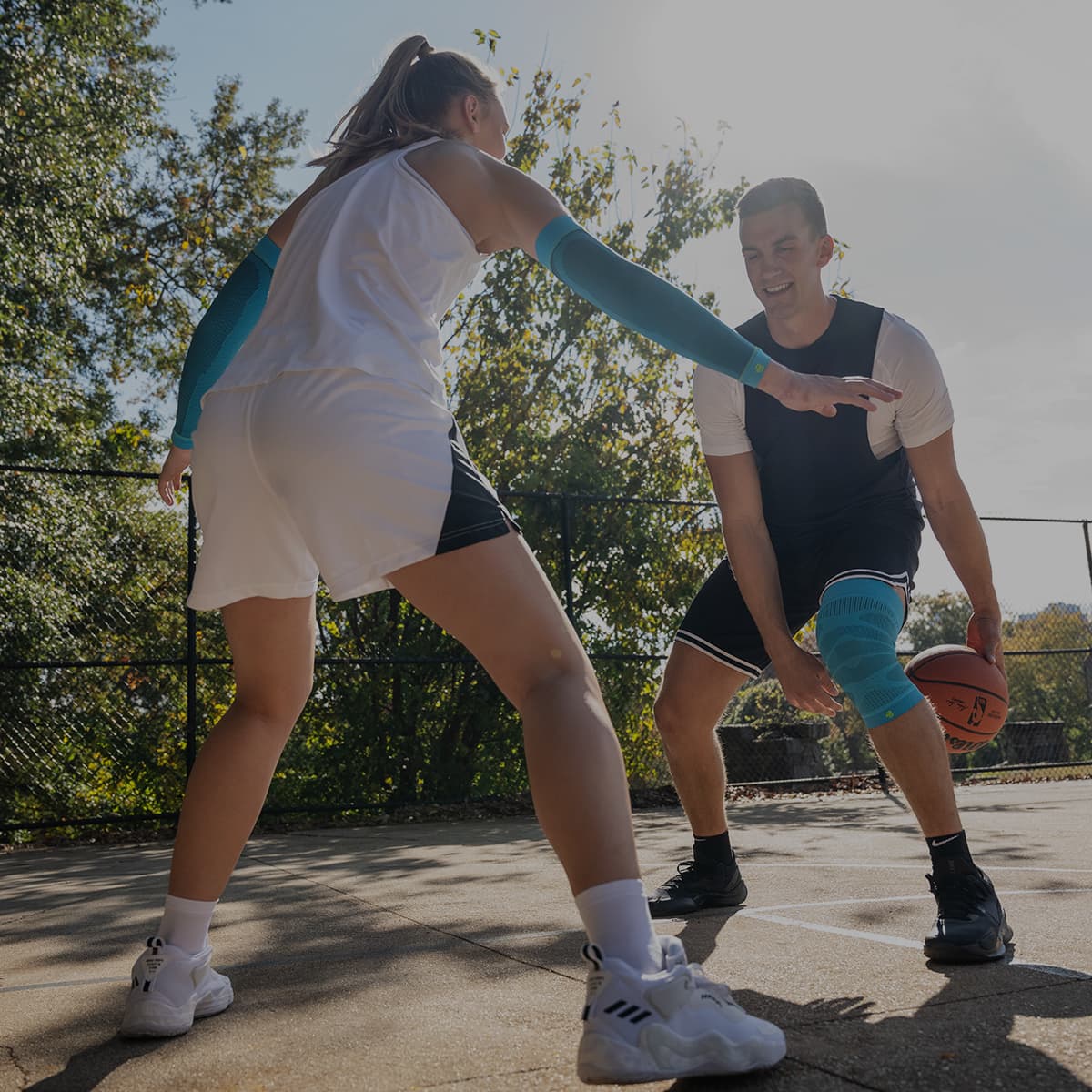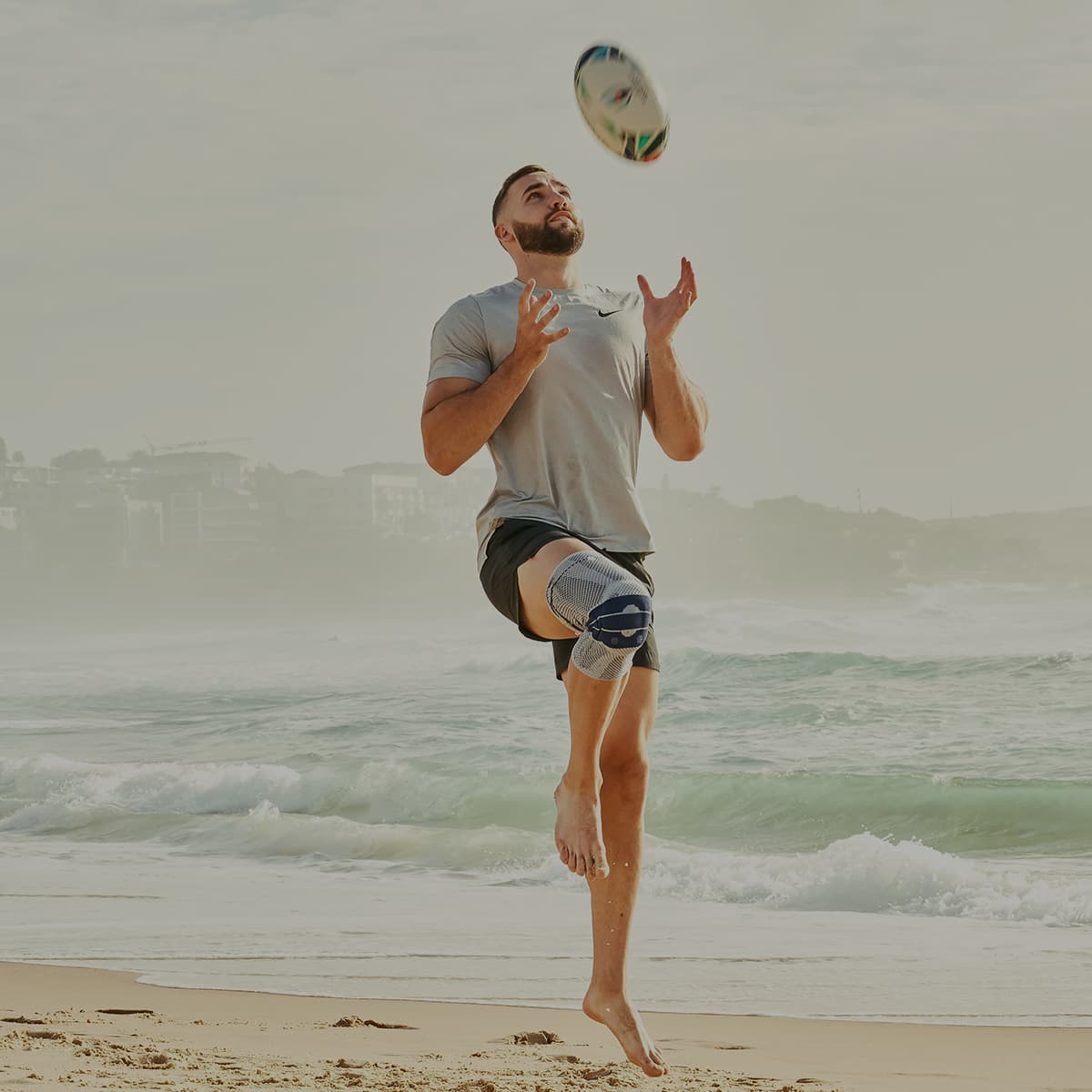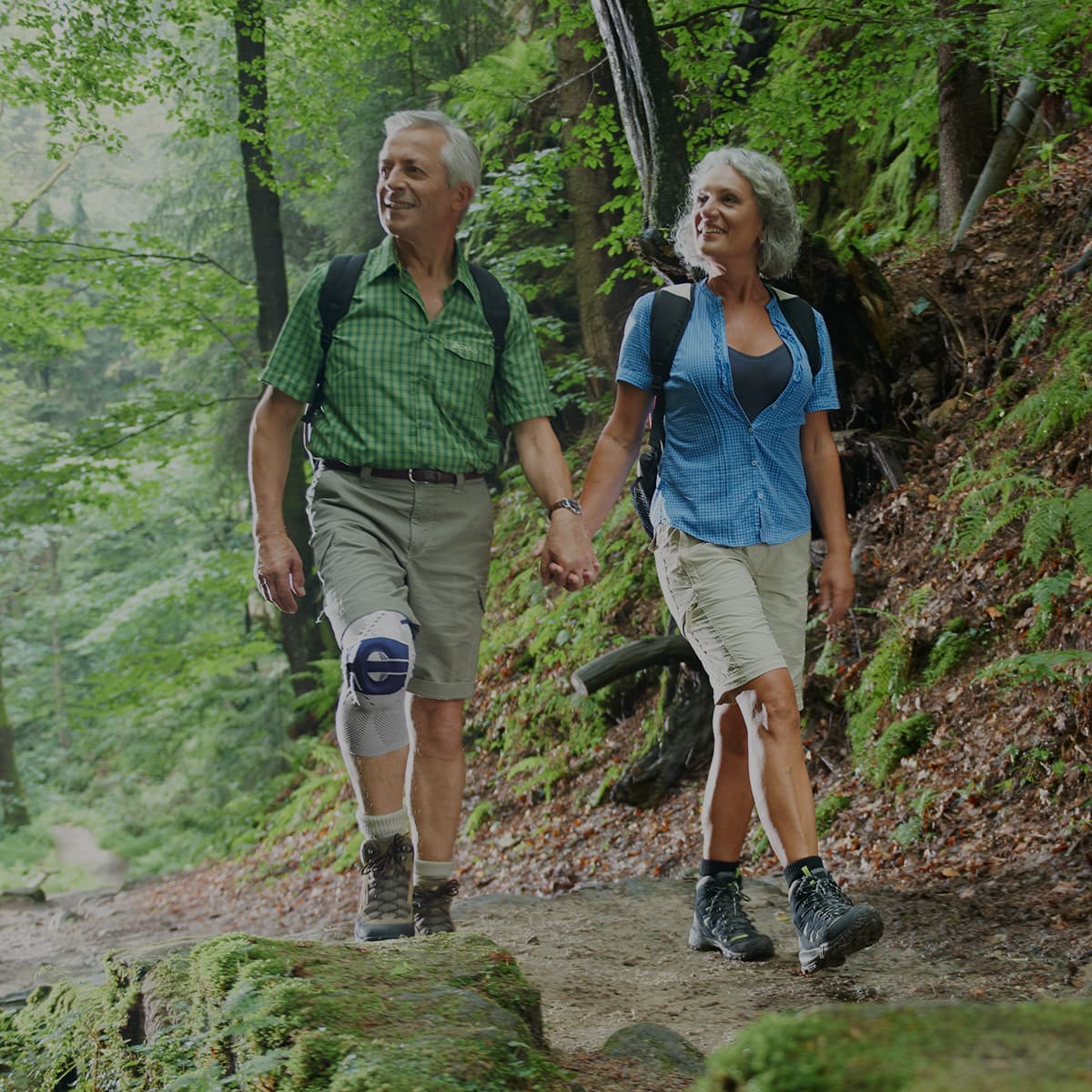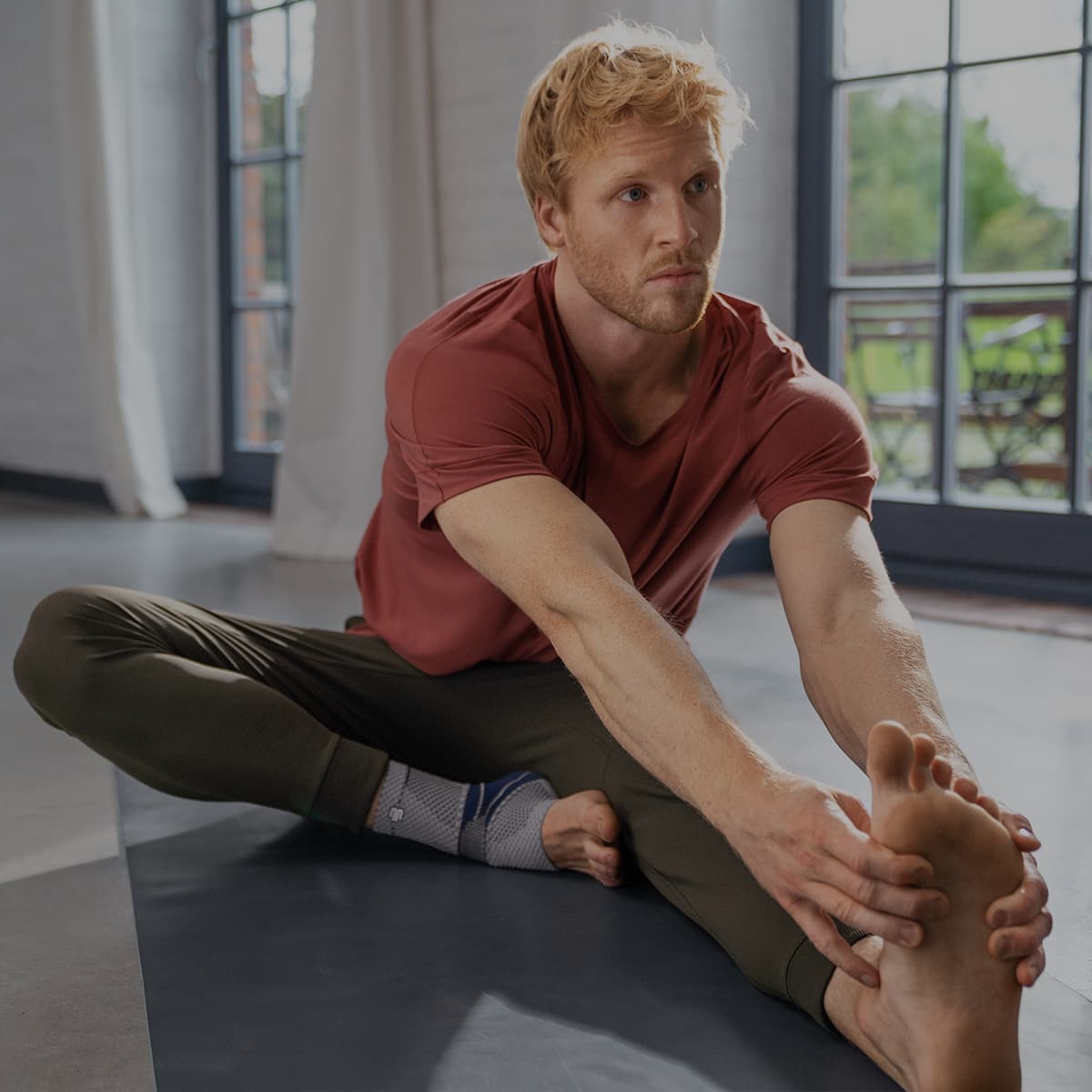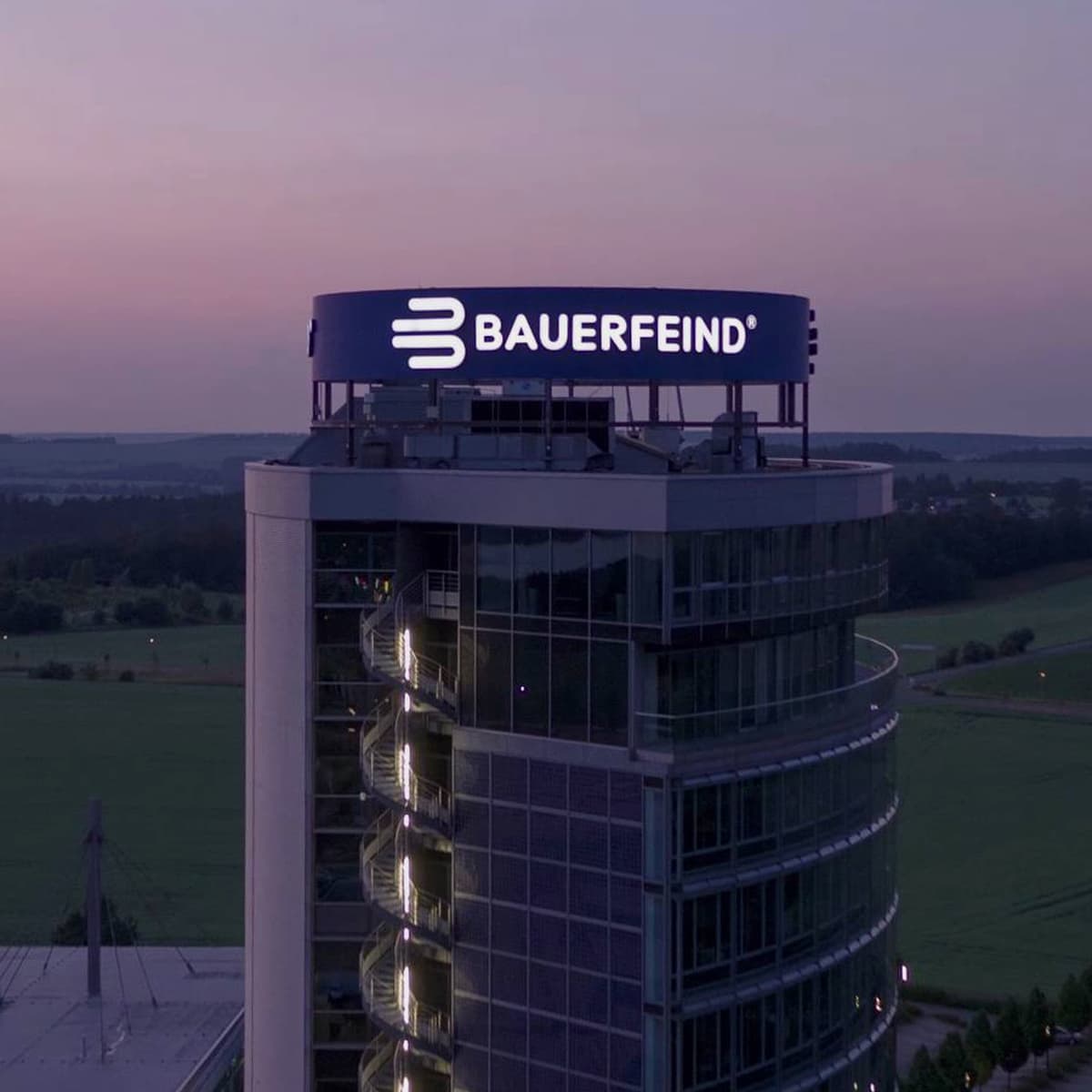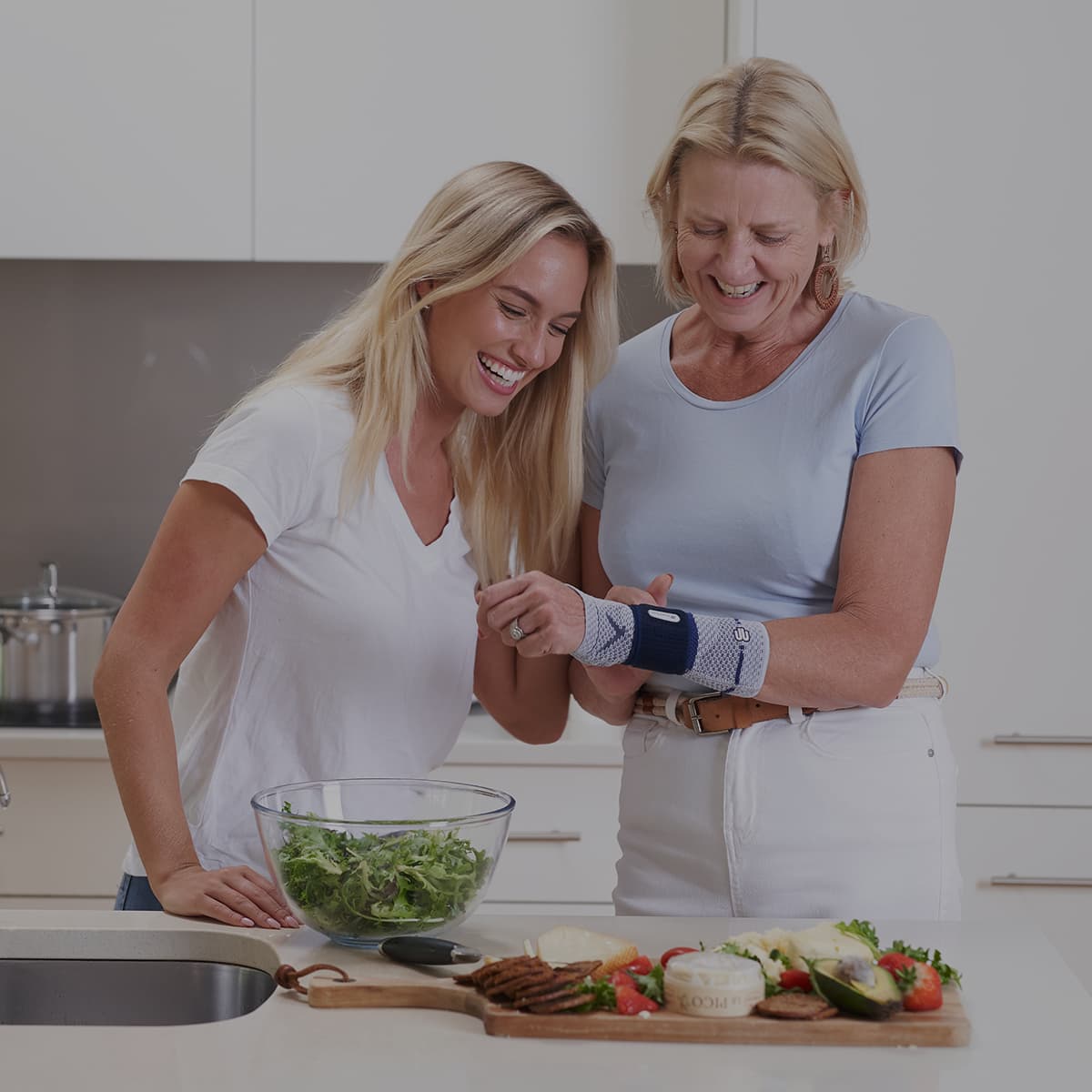WHEN CAN I START RUNNING AGAIN AFTER ACL SURGERY?
ACL reconstruction surgery is a knee surgery typically conducted to replace or cut out a torn anterior cruciate ligament (ACL) in your knee. ACL injuries usually occur while playing sports such as soccer, basketball, skiing, surfing, rugby and football. They usually occur where rapid change of movements in running and frequent stopping takes place. Physical rehabilitation after ACL surgery is crucial to strengthen the knee and restore mobility.
If you are playing a sport which requires sudden change of direction in running, pivoting movements and frequent starting and stopping, you are prone to an ACL tear. We recommend protecting your knee with our Sports performance knee support or GenuTrain knee brace. Besides knee protection, the medical-grade compression will enhance your performance and improve your muscle recovery.
It is best to avoid running for at least 10 to 12 weeks after the surgery, to avoid repetitive strain on the ACL graft. As directed by the surgeon, a few months after surgery, you will start some rehabilitation and functional training that may involve running. All in all, it will be at least a few months before you can start running again.
We recommend using an advanced orthosis SecuTec Genu for post-op care after ACL reconstruction surgery. The hard frame of the orthosis provides additional stability and restricts the range of motion for the knee for rehabilitating the knee after ACL surgery.

